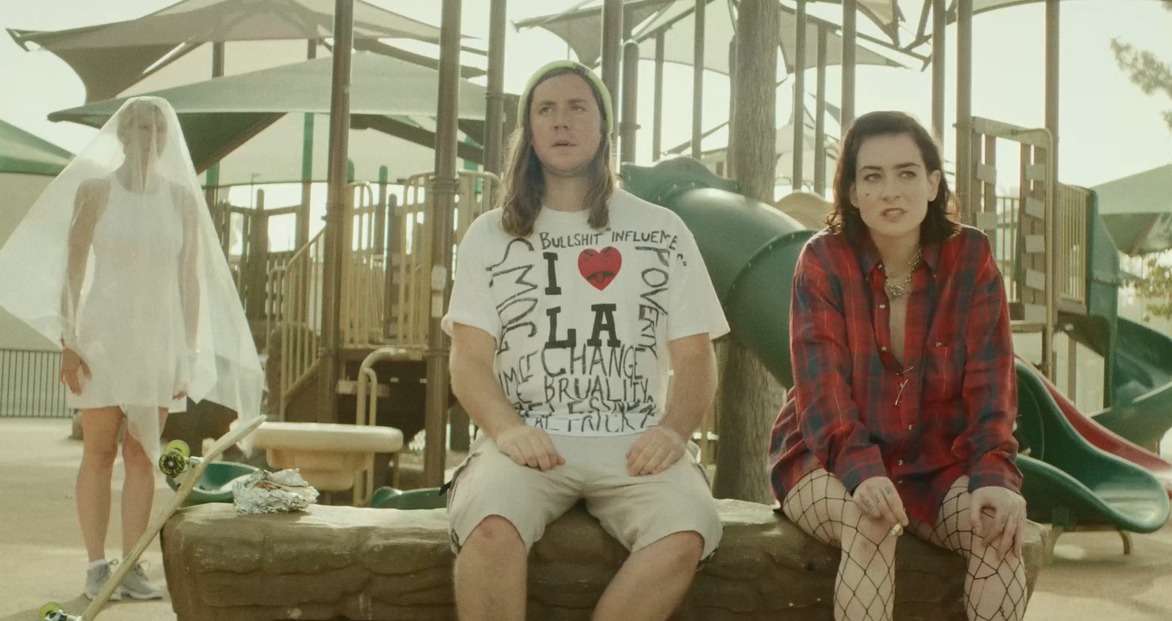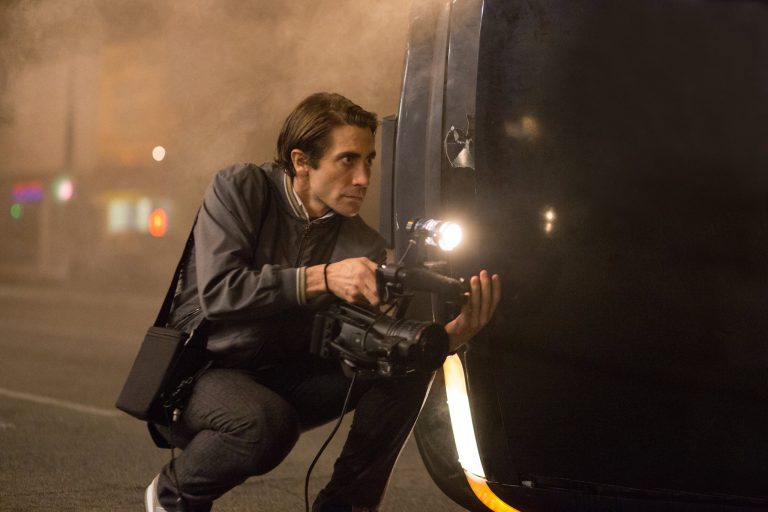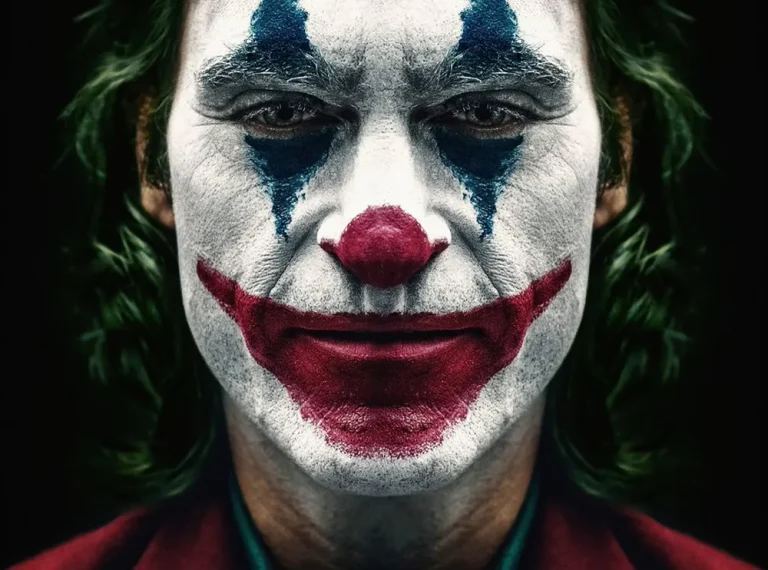Everything Will Be Fine In The End (2023) Movie Review: Films centered around the aimlessness of American society are a dime a dozen, and this long-established genre has the capacity to inspire great art. But while the search for meaning in contemporary society has brought about powerful cinematic experiences, it can be challenging to retread old ground with a new step. As it turns out, the epiphanies that struck the characters of Terry Zwigoff’s Ghost World are exceedingly difficult to render when your goal is to strike a nerve. The independent filmmakers behind Everything Will Be Fine In The End are after the same kind of legitimacy, and their approach is energetic but ultimately misdirected.
Things start off in exactly the right place for a tale about characters seeking their souls: the streets of Los Angeles. A heat-soaked hell that turns treacherous when the sun goes down, the city is a terrific setting for the coming-of-age shenanigans of In The End. George (played by Elsa Kennedy) is a wannabe adult traipsing around concrete with fellow angsty twenty-year-olds Kai (Steven Michael Martin) and Renka (Cheska Zaide). Seeking to pay back her debts to the neighborhood drug fiend Buzz (Kent Harper), freewheeling George decides she’s going to delve into a life of crime (set at some point post-COVID, there is an economic subtext to the film that goes unexplored). But when their first heist somehow devolves into a wild escapade, the trio finds that life isn’t as free of consequence as they had been presuming.
Interspersed with this main plot are several side stories involving a missing dog, a man (Jonathan Mankuta) pursuing a life as a drag artist, and a blind black man (Turen Robinson) who is presented as a sort of wise sage trying to lead the cast to some kind of righteous path. It is unclear whether that last character is meant to be taken seriously or whether he is just as irony-prone a device as everything else in In The End. His utility is primarily to spout platitudes (instead of having a notable personality), and this near cicatrization (beyond feeling vaguely racist) is a little tiresome.
Take, for example, some of his choicest lines, which include: “We don’t see things the way they are. We see them the way we are,” and “We’ve wasted our chances, strangled our own hearts,” both of which sound nice upon first hearing but become increasingly meaningless the more thought you put into them. Really, including this element speaks to the problem at the heart of this film: it is something of a visual platitude. Writer/director/producer Joe Bartone (thus declared by an on-screen credit almost as unwieldy as the project title) has very few substantive things to say and even fewer novel ways of expressing them.

It would be unwise to be harshly critical of a project like this, as it is obviously an independent (or semi-independent) venture. These excuses elements like the relatively weak performances, which get by mostly on screwed-up faces and turns in emotion that have very few stops between zero and a hundred (which the actors partly make up for with sheer passion). The cinematography does an excellent job of setting the scene, and the dreary simmer of mid-day LA is exceptionally well produced via solid set and costume design. The one element that cannot be excused is the screenplay, which Bartone cannot calibrate to the kind of quirky, anything-goes provocation that he is clearly aiming for.
Everything Will Be Fine In The End is meant to provoke you- there are scenes and character turns that feel lazily ribald, incoherently taboo in nature. Bartone throws in overt sexuality and violent abuse without care. They appear in the story abruptly, with no effort put into producing them organically as a part of the fabric of this world. Take, for example, a bizarre threesome that occurs early in the runtime: it serves as a means of catalyzing a particular incident in the film and has no utility beyond being a plot device that keeps the viewer’s fractured attention intact. It is insulting and a shame.
That is because the intent here is clearly to communicate how these young people have lost themselves so completely that they have no sense of propriety left to them. George, Kai, and Renka can barely differentiate between reality and fantasy, let alone right and wrong. Their psyches are wastelands of conscience. This intriguing part of In The End is not explored, left as subtext for the viewer to catch in retrospect once a terrible romance and an even worse murder is resolved in the plot (though the latter does lend itself to one of the film’s more interesting visual motifs, involving a plastic-wrapped corpse that appears in the background of scenes).
And subtext would be fine, were the film entertaining enough to allow for it. Alas, In The End, has some abrasively inane dialogue, contrived twists, and a climax that can barely claim to be an ending. It is a product of the unfortunate reluctance of most modern audiences to engage genuinely and deeply with works of art. It is pretty ironic, then, that the premise of this film is a world where people have ceased to care for one another. It inadvertently points a finger squarely toward the audience, even as its characters could stand to gain from a more exacting inspection.

![Call Me By Your Name [2017] ‘MAMI’ Review: A ripe celebration of first love!](https://79468c92.delivery.rocketcdn.me/wp-content/uploads/2017/10/Call-me-by-your-name-2-768x412.jpg)

![Kali Salwar [2002] MUBI Review – A paragon of Redemption](https://79468c92.delivery.rocketcdn.me/wp-content/uploads/2020/05/Kali-Salwar-highonfilms-featured-768x432.jpg)
![Tailgate [2021]: ‘NBFF’ Review – Dutch Thriller Offers Ample Chills If not Novelty](https://79468c92.delivery.rocketcdn.me/wp-content/uploads/2021/07/Tailgate-Review-768x432.jpg)
![Children of the Underground [2022] Explained – The Compelling and Complicated Story of a Determined Vigilante](https://79468c92.delivery.rocketcdn.me/wp-content/uploads/2022/08/Children-of-the-Underground-2022-768x432.jpg)
